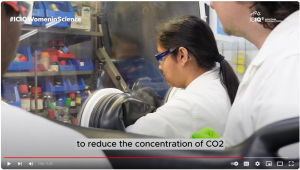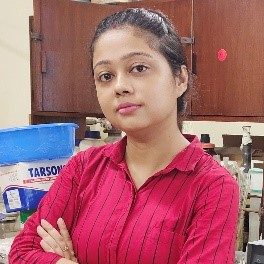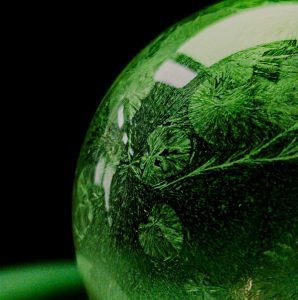Dr. Aratrika Chakraborty earned her M.Sc. in Chemistry from the University of Calcutta in 2014, after which she joined the same university as a research fellow under the supervision of Prof. Debasis Das. Her primary research focused on the synthesis and catalytic applications of magnetically separable nanomaterials, but she also worked in the field of bio-inorganic chemistry. Upon completing her Ph.D. in 2019, she began working as a State-Aided college teacher at Lady Brabourne College, Kolkata from 1st January 2020 till 31st December 2022. In January 2023, she joined the University of Utah as a postdoctoral research associate. In January 2024 she joined the lab of Prof. Julio Lloret Fillol as a MSCA postdoctoral fellow.

ICIQ Women in Science: Spotlight on Dr. Aratrika Chakraborty
In the realm of scientific research, there are those who not only make significant contributions to their field, but also inspire and pave the way for future generations. One such

